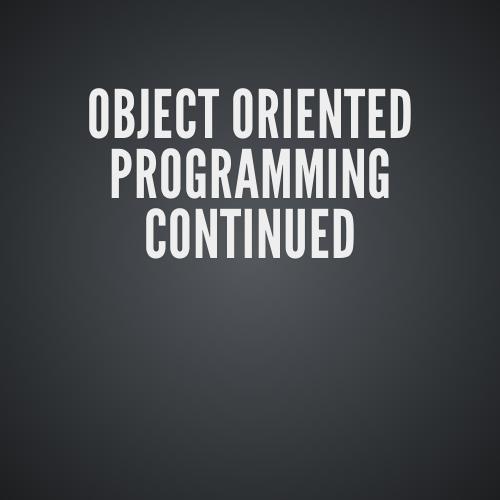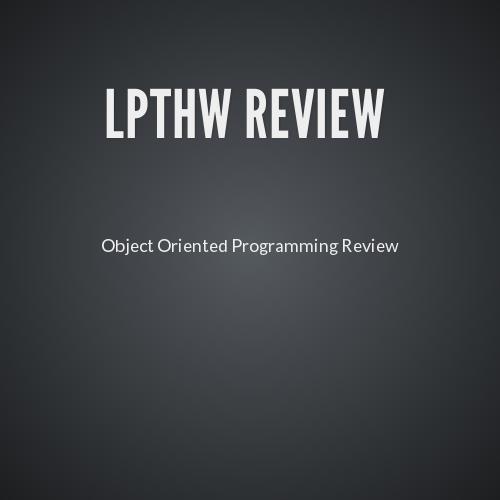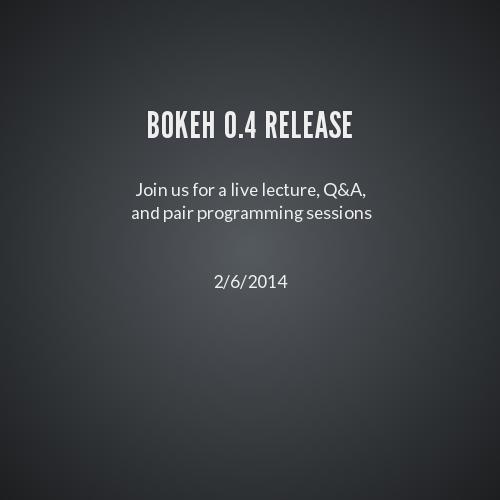LPTHW Exercises 18-26
Functions: the building blocks of a program
REVIEW
- What are data types?
- Which data types do we know thus far?
- What are variables? Assignment? Defined?
- What is string interpolation?
- What are data types?
- Which data types do we know thus far?
- What are variables? Assignment? Defined?
- What is string interpolation?
Exercise 18: Intro to Functions
def print_two_again(arg1, arg2): print "arg1: %r, arg2: %r" % (arg1, arg2) def print_one(arg1): print "arg1: %r" % arg1 def print_none(): print "I got nothin'."
Units of code that can be reused (i.e. a mini-script or factory)
How do we define functions?
How do we call functions? What does calling a function achieve?
What are function arguments?
Problem Set #1
Save a script called "problem_set_1" within the IDE which contains a function that converts inches to feet:
1) The function should take, as an argument, a height in inches
2) Inside function, print the value of the argument in inches
3) Within the function, convert the value to feet
4) Print the result inside the function
Exercise 19: Function Arguments
Arguments to functions
are input values (data)
They are assigned to variable names inside the function
See IDE for example
Extra Content: Intro to Scope
How does Python know where to find variable names?
What happens when a variable is reassigned inside a function?

exercise 21: Return Values
def seconds_to_minutes(seconds):calculated_minutes = float(seconds) / 60return calculated_minutesminutes = seconds_to_minutes(120)print minutesdef print_name(name):print name### implicitly, a function ends with this if no return statement is present### return Nonedef abrupt_ending():return 1# Functions stop whenever a return statement is encounteredprint 'hello function'
exercise 21 Continued
See IDE
What is happening on line 32?
exercise 22-23: Memorization
Go through these exercises on your own
Share the code that you found online to read
Exercise 24: Group Practice
LET'S READ CODE
SEE IDE
Exercise 26: Test yourself
Really important that you do this exercise on your own
Functions: basic building blocks of a program
By benjaminplesser
Functions: basic building blocks of a program
- 1,072



